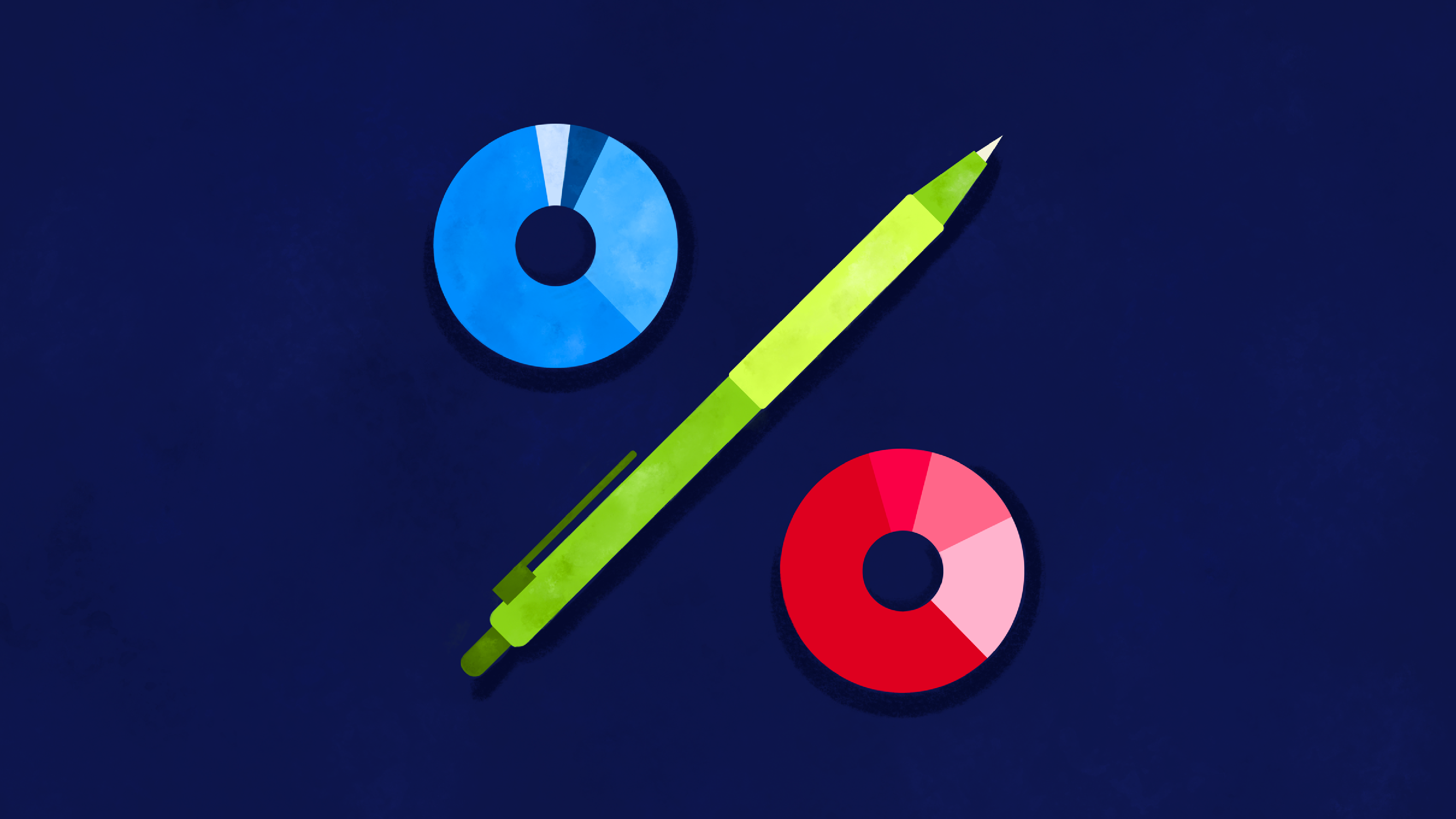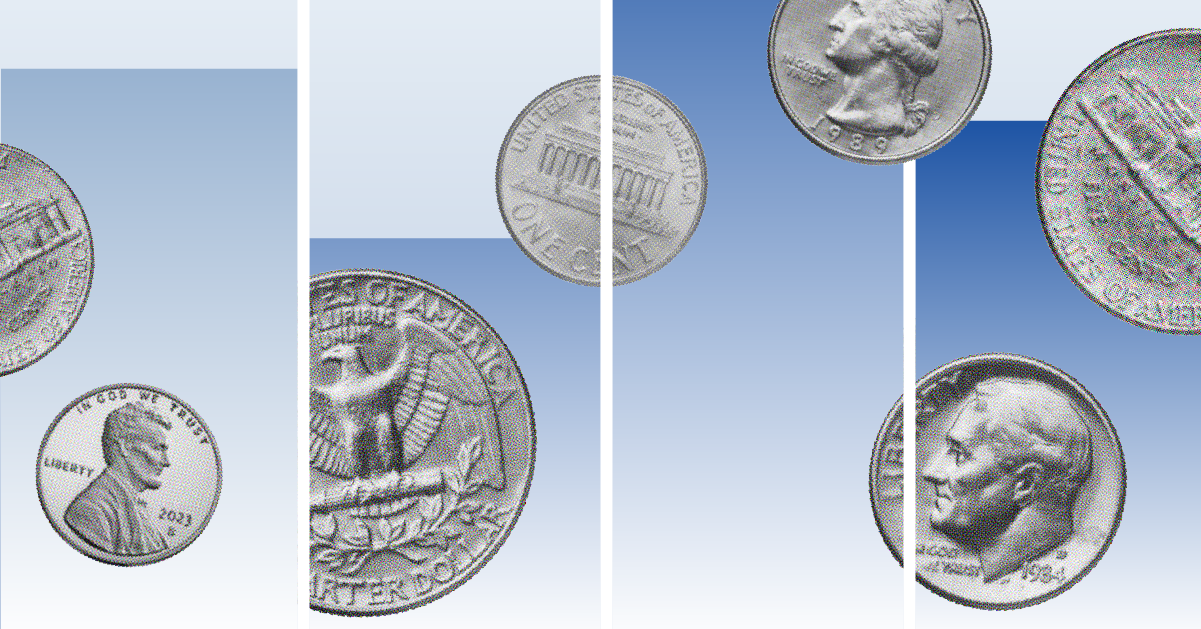So, I think the way we're going to get paid back as much as possible is by banks and institutions earning money over the long term, and paying back the money over the long term. I can't put a time frame on when these institutions are going to pay us back. About a dozen small banks have already paid back the TARP, and many other banks are applying right now. For those big institutions, it's hard for me to say when and in what form.
In the case of Citi, this is all public. We have announced that we're going to enter into an exchange offer, and convert some of our preferred stock for common stock. And Treasury's in the process of developing policies on when it would then sell that common stock. And so there are a lot of variables as to what happens in the broader economy, what happened to the institution. What happened to the banking market, to try to forecast when, and for how much.
Questioner: You mentioned early on in your talk that you were reluctant to act in the crisis, because there are often unintended consequences of those actions. Someone already mentioned inflation, but are there any other unintended consequences that you're seeing in the market or expect to see maybe five or ten years from now?
Kashkari: One of the biggest consequences that I'm concerned about -- I don't see it yet, but I'm concerned about, is -- we want the TARP to be temporary and to wind down after a few years, once the markets are stabilized. If you look at The Great Depression -- and housing was part of the problem in The Great Depression -- four major government agencies were created coming out of The Great Depression. Fannie Mae, the Federal Housing Administration, the Federal Home Loan Banks, and the Homeowners Loan Corporation. Three of those four are still in existence today. And no one in the 1930s could have predicted that Fannie Mae would pose a systemic risk to our country 80 years later. So, we certainly hope that the TARP and the Office of Financial Stability is a temporary program that is wound down soon, after it's run its course. But you never know, and that's a risk.
Also, if you look at what we've had to do in the auto companies. It's nothing we wanted to do. We wanted, in December, for Congress to act. Congress was working on legislation to try to deal with the auto companies. TARP was focused on the financial sector. It was not the right vehicle. But we were forced. Congress knew we could act, frankly. And so they didn't take the hard measure to pass their own legislation and we were forced to act, given how perilous the broader economy was at the time. It's not impossible to envision, with this type of an authority, that it could be misused to stabilize favored industries that may not be systemic. That's something else I think we should be very careful of, and to try to design against, and prevent that from happening in the future. So again, I'm not seeing it yet, but those are things I worry about.
Questioner: One of the cornerstones of the American Dream is obviously said to be owning a home, right? Do you really feel that that's still the case, given all the things that have happened in the housing sector? Is it still a meaningful dream, for everyone to have a home?
Kashkari: I don't think that dream is for everyone. I think the experience of the last couple of years proves that. If you look at -- I can't remember the number but if you look at the percentage of Americans owning homes, it had been fairly stable for many years and then it climbed up in recent years. Homeowners maybe who should not have been owning homes, but who should have been renting, were getting into the market. And so I think that there is a balance that needs to be struck. And I don't think it's necessary for the government to say, "This is the percentage of Americans that should own their home." But I also don't think it's realistic to think that everybody's going to have the financial capacity to own a home. I think, clearly, some people need to be renters. And that may change. You know, people may rent and own in different parts of their life.
Questioner: I'm in the mortgage industry. A lot of this upheaval in the markets started when you started coming up with creative mortgage products in the part few years, try to bring zero-down payment loans, and that kind of stuff. And it led to this collapse. What makes you think this is not going to happen again, when you've got FHA still doing loans with 3 ½% down, borrowers with credit scores that just now became 620, and until a month ago was zero FICA could get a home. Aren't you creating another wave of the same problem? Some of the banks that you're lending money to are adding a second lien mortgage and letting a borrower buy a house with half a percent down. So, what is there to check that something that started, and has resulted in this, is not going to happen again?
Page 11 of 13 - Go to page 1,
2,
3,
4,
5,
6,
7,
8,
9,
10,
11,
12,
13























